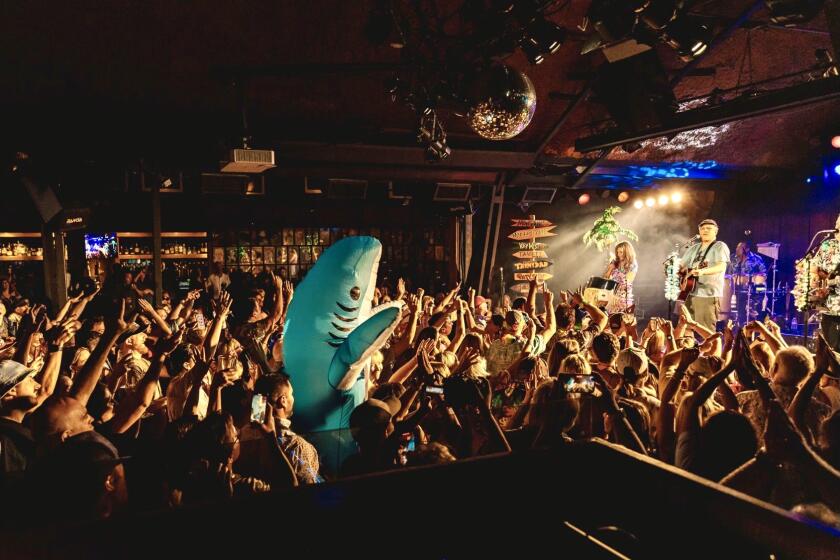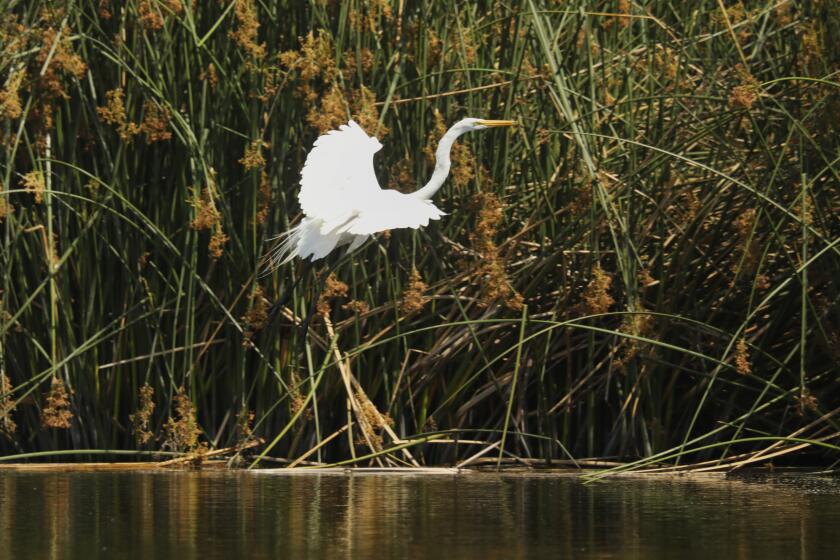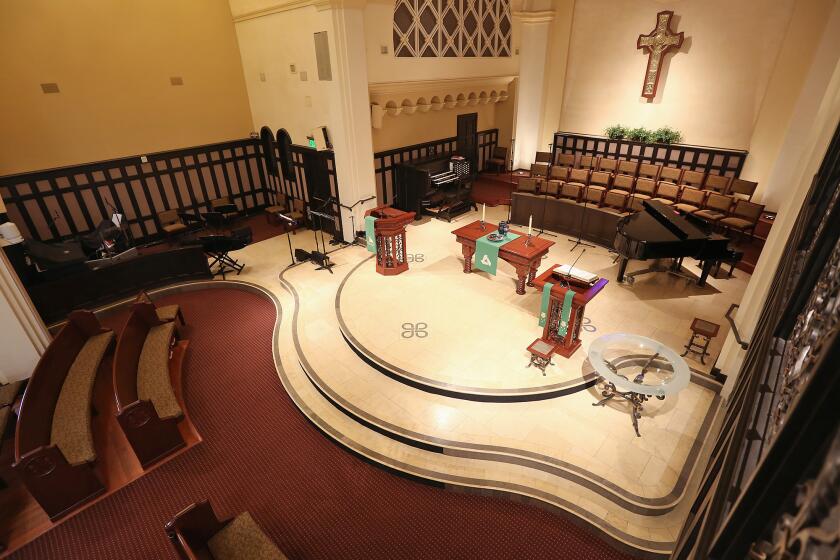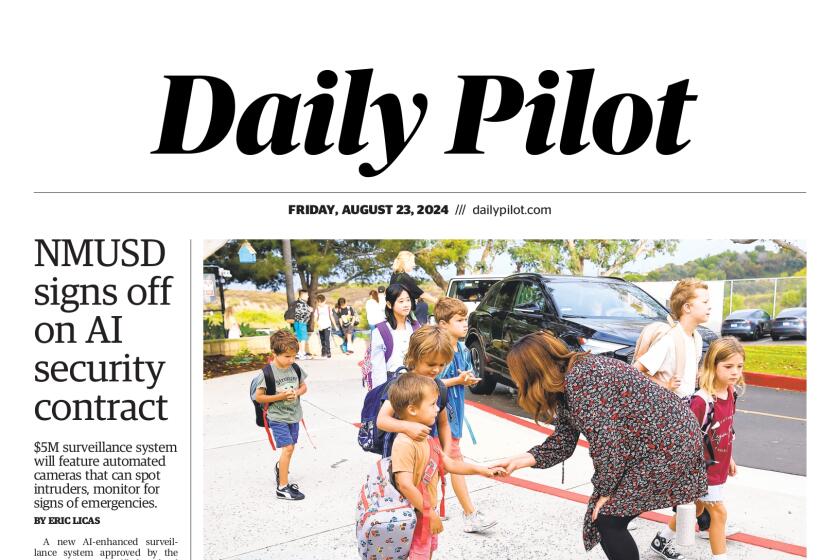Dispatch from Iraq
She’s survived five roadside-bomb explosions, but living with them doesn’t faze her.
That would be a crippling thought for Col. Diana Bodner, a Huntington Beach resident who is deputy commander of the 49th Military Police Brigade stationed about 30 minutes away from the Green Zone in Baghdad.
“I can’t allow that to dwell on my mind,” Bodner said in a telephone interview from Iraq.
Bodner’s job ? to train Iraqi police ? has its ups and downs.
“Iraqi police are eager to do a good job and make a difference,” she said. But there are more Iraqis who want to learn to be police officers than she has room for in the small classrooms with limited seating. It’s her biggest challenge, she said.
Born in Pennsylvania, the career army officer served in Panama in 1985 and has worked in Long Beach and San Francisco. She left the Army to join the California Army National Guard in 1992 and since then has made her home in Huntington Beach.
Her job in Iraq includes getting out to 28 units spread throughout the country and getting through lots of paperwork and meetings, she said.
In Iraq, Bodner loves meeting Bedouins in the desert, farmers tilling fertile soil between the Tigris and Euphrates rivers, and making friends while traveling on work.
“I like the deep-seated code of honor among the Iraqi people,” Bodner said. “I find them a people of integrity.”
Among the first Arabic phrases and words that everyone learns in Iraq is “Inshallah” meaning “God willing.”
Bodner loves the Arabic word “la” to say “no.”
“When they [Iraqi people] say ‘no,’ they go ‘lalala,’ which always puts a smile on my face.”
And humor is the best way to cope with the stress, she said.
“I try to stay lighthearted, exercise and keep a healthy diet as best as I can.”
She also enjoys learning about the country’s deep-rooted history, starting with the Mesopotamian, Sumerian, Akkadian, Babylonian, Assyrian and Median civilizations.
Bodner said she is fascinated by Iraq ? its culture, its people, its landscape and its history.
The days are tranquil ? except for occasional explosions.
“Many people wave at us, glad that we’re helping them,” Bodner said.
Her team does their research before hitting the road on a mission. Everything from the environment to roads, they verify what’s been happening in the area and constantly look along the side of the road.
“But you can’t know if the IEDs [improvised explosive devices] are there or not,” Bodner said. “It’s not something you can predict with any great accuracy.”
She’s looking forward to spending time with her husband and family, and taking a few weeks off when she returns in September. The first item on her list: sleep.
All the latest on Orange County from Orange County.
Get our free TimesOC newsletter.
You may occasionally receive promotional content from the Daily Pilot.



